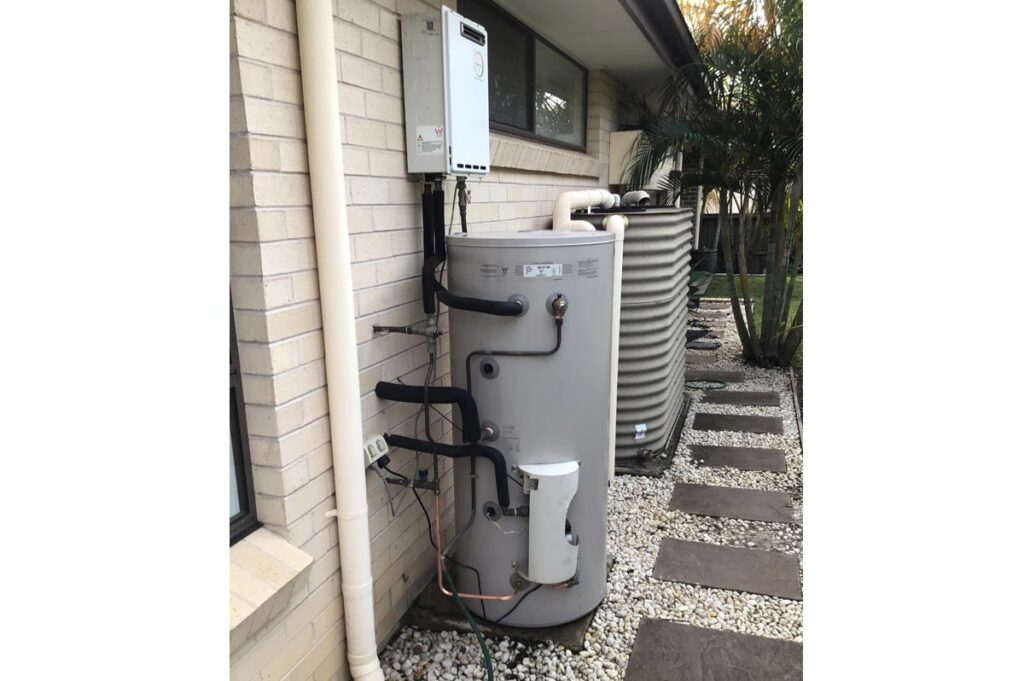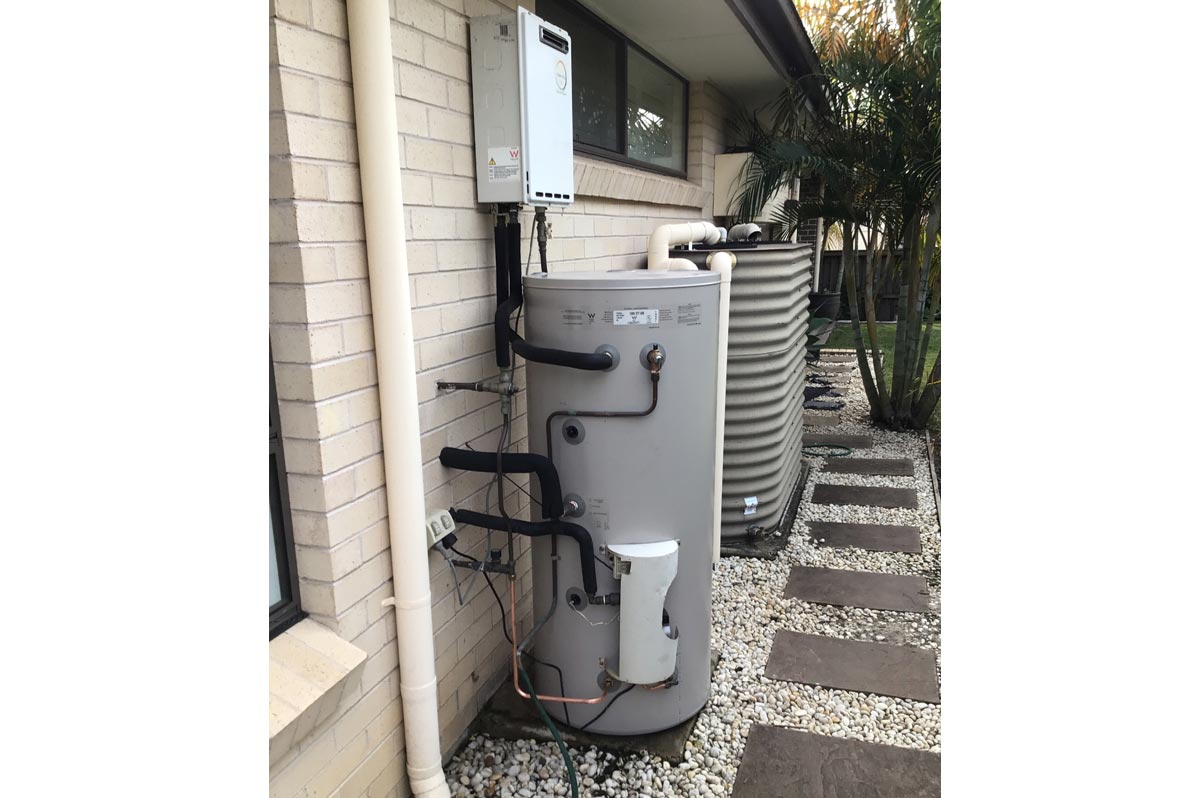
Landlord’s Failure: A Tenant’s Guide to Hot Water Repair
The simple act of turning on a tap and expecting immediate hot water is a fundamental expectation in modern living. However, when that expectation is unmet, the resulting frustration can quickly escalate, especially when the source of the problem is a landlord’s failure to address the issue. This article delves into the critical aspects of a landlord’s failure to provide hot water repair, outlining tenant rights, landlord responsibilities, and the legal recourse available when a landlord neglects their duties.
The Tenant’s Perspective: When Hot Water Becomes a Luxury
Imagine waking up on a cold morning, ready for a shower, only to find that the water is lukewarm at best, or, worse, completely cold. This scenario, a direct consequence of a landlord’s failure to maintain essential services, can quickly disrupt a tenant’s daily routine and overall quality of life. Beyond the immediate discomfort, the lack of hot water can lead to practical problems, such as difficulty washing dishes, laundering clothes, and maintaining basic hygiene standards. This is where the tenant’s rights begin to come into play.
Landlord Responsibilities: The Foundation of Habitable Living
Landlords have a legal and ethical obligation to provide tenants with a habitable living environment. This includes ensuring the proper functioning of essential utilities, such as hot water. The specific responsibilities of a landlord regarding hot water repair are often outlined in the lease agreement and governed by local and state housing laws. These laws typically mandate that landlords maintain the plumbing system, including the water heater, in good working order. A landlord’s failure to do so constitutes a breach of these responsibilities.
Key responsibilities usually include:
- Prompt Repair: Addressing hot water issues in a timely manner, ideally within a reasonable timeframe as defined by local regulations.
- Maintaining the Water Heater: Regular maintenance and repair of the water heater to prevent breakdowns.
- Providing Adequate Hot Water: Ensuring a sufficient supply of hot water for the tenant’s needs.
Understanding Your Rights: What Tenants Can Do
When faced with a landlord’s failure to provide hot water, tenants are not powerless. Several legal options are available to protect their rights. The first step is often to notify the landlord in writing of the problem, providing a clear description of the issue and a reasonable deadline for repair. This written notification serves as crucial documentation, should further action be necessary. It’s important to keep copies of all correspondence.
Tenants may also have the right to:
- Withhold Rent: In some jurisdictions, tenants can withhold rent until the hot water issue is resolved, but this is often subject to strict conditions and legal requirements. Seek legal advice before considering this option.
- Repair and Deduct: If the landlord fails to make the necessary repairs, tenants may, in certain circumstances, be able to hire a qualified professional to fix the problem and deduct the cost from their rent. Again, this option requires careful adherence to local laws.
- Terminate the Lease: In severe cases, where the lack of hot water renders the property uninhabitable, tenants may have the right to terminate their lease agreement without penalty.
- Sue for Damages: Tenants can potentially sue the landlord for damages, including the cost of alternative accommodation, and compensation for inconvenience and discomfort.
Documenting the Problem: Building a Strong Case
Documentation is key when dealing with a landlord’s failure. Tenants should meticulously document all communication with the landlord, including dates, times, and the specific nature of the problem. Photographic or video evidence of the lack of hot water can also be invaluable. This documentation helps to build a strong case if legal action becomes necessary.
The Legal Landscape: State and Local Laws
The specific laws governing landlord-tenant relationships and a landlord’s failure to repair hot water vary significantly by state and locality. Some jurisdictions have detailed regulations outlining the landlord’s responsibilities, while others may be less specific. It is crucial for tenants to familiarize themselves with the laws in their area. Resources such as local housing authorities, tenant advocacy groups, and legal aid organizations can provide valuable information and assistance. Knowing the local laws is critical when a landlord’s failure occurs.
Communication is Key: The Initial Steps
Before taking any legal action, it’s essential to communicate with the landlord. A clear and concise written notice, detailing the problem and requesting a prompt resolution, is the first and most important step. This notice should include the date, a description of the hot water issue, the address of the property, and the desired action (e.g., repair the water heater). Keep a copy of the notice and any proof of delivery (e.g., certified mail receipt).
The Role of a Lawyer: When to Seek Legal Counsel
While it’s possible to resolve the issue of a landlord’s failure to repair hot water without legal assistance, there are situations where seeking professional legal counsel is advisable. If the landlord is unresponsive or unwilling to address the problem, or if the issue persists despite repeated attempts at communication, consulting with a lawyer specializing in landlord-tenant law can be beneficial. A lawyer can provide guidance on your rights, review your lease agreement, and advise you on the best course of action.
Preventative Measures: Avoiding Future Issues
While tenants cannot always prevent a landlord’s failure, there are proactive steps they can take to minimize future issues. Regularly inspecting the property for potential problems, such as leaks or signs of water damage, and reporting these to the landlord promptly can help prevent minor issues from escalating into major repairs. Understanding the lease agreement, including the landlord’s and tenant’s responsibilities, is also crucial.
The Impact of Neglect: Beyond the Inconvenience
The consequences of a landlord’s failure to repair hot water extend beyond mere inconvenience. Prolonged exposure to cold water can pose health risks, particularly for those with certain medical conditions. Additionally, the lack of hot water can affect hygiene, making it difficult to maintain a clean living environment. In some cases, a landlord’s failure to provide essential services can be considered a breach of the implied warranty of habitability, further solidifying the tenant’s rights.
Fair Housing Laws: Protecting Vulnerable Tenants
It is also important to consider the intersection of a landlord’s failure with fair housing laws. Landlords cannot discriminate against tenants based on protected characteristics, such as race, religion, or disability. If a landlord’s failure to repair hot water disproportionately affects tenants with disabilities or creates a discriminatory environment, it may constitute a violation of fair housing laws. [See also: Fair Housing Act and Landlord Responsibilities]
Negotiating a Resolution: Finding Common Ground
In many cases, a resolution can be reached through negotiation. Tenants should attempt to communicate with their landlord, outlining the problem and suggesting a reasonable solution. Providing the landlord with information about the costs of repair or the potential consequences of inaction can sometimes encourage them to take action. Mediation services may also be available to facilitate communication and help reach a mutually agreeable outcome.
When to Involve Authorities: Seeking External Assistance
If communication and negotiation fail, tenants may need to seek external assistance. Local housing authorities or tenant advocacy groups can often provide guidance and mediate disputes. In some cases, filing a complaint with the relevant authorities may be necessary to compel the landlord to take action. This can be especially important when dealing with a landlord’s failure that is a recurring issue.
The Importance of a Habitable Dwelling: A Fundamental Right
The right to habitable housing is a fundamental one. A landlord’s failure to provide essential services, such as hot water, undermines this right and can significantly impact a tenant’s quality of life. By understanding their rights and the responsibilities of their landlord, tenants can effectively address the issue and ensure that they live in a safe, comfortable, and habitable environment. [See also: Tenant Rights and Responsibilities]
Protecting Yourself: Proactive Steps for Tenants
Beyond knowing your rights, taking proactive steps can help protect tenants from the negative consequences of a landlord’s failure. This includes documenting all communication, keeping copies of the lease agreement, and consulting with legal professionals when necessary. Being informed and proactive can empower tenants to navigate these situations effectively and ensure that their living environment meets the standards of habitability. The key is to be informed and prepared for a landlord’s failure.
The Bottom Line: Holding Landlords Accountable
Ultimately, a landlord’s failure to repair hot water is a serious issue that can have significant consequences for tenants. By understanding their rights, documenting the problem, and seeking legal recourse when necessary, tenants can hold landlords accountable and ensure that their living environment meets the standards of habitability. This article provides a comprehensive overview of the key issues surrounding a landlord’s failure to repair hot water, empowering tenants to navigate these complex situations with confidence. The importance of prompt hot water repair cannot be overstated; a landlord’s failure in this regard can be a severe disruption.
In conclusion, addressing a landlord’s failure to repair hot water requires a multi-faceted approach. From documenting all interactions with the landlord, to understanding the specifics of local and state laws, tenants have a variety of options to ensure their needs are met. The key is to be informed, proactive, and persistent in seeking a resolution. [See also: Legal Recourse for Tenants]


